What if you fly?
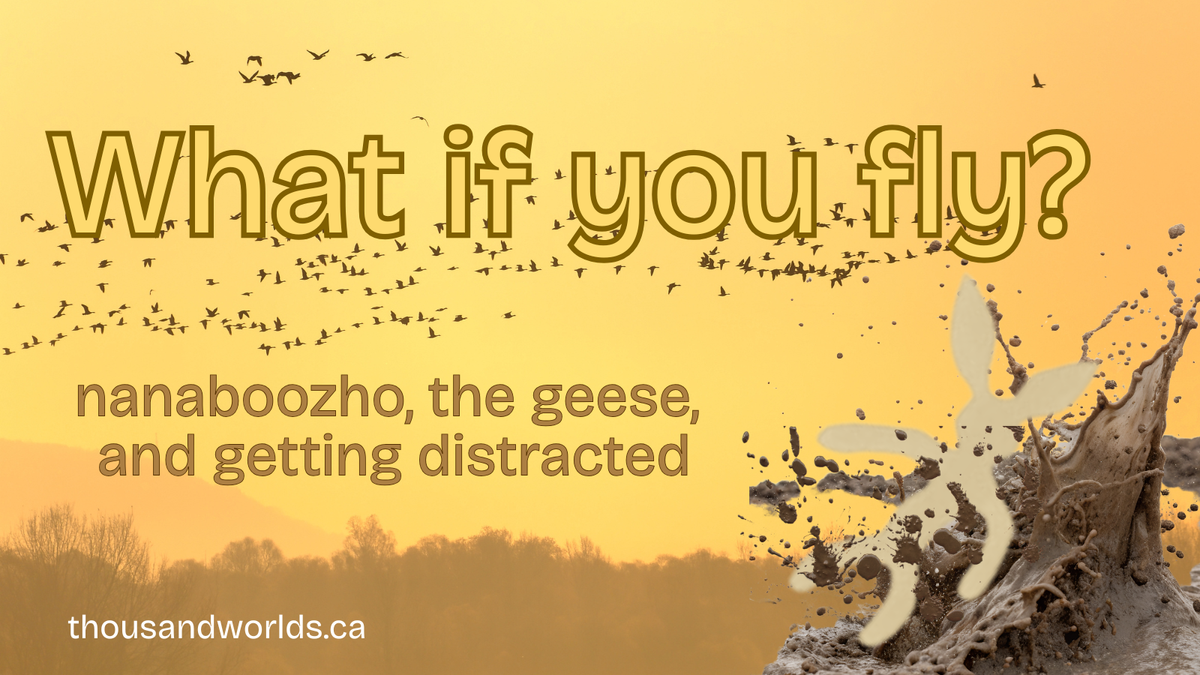
Some people have dreams of flying, I don't. If I have a dream like that I am usually falling from a great height, and because I've taught myself how to intervene, more often than not I can change falling to jumping which is a way of taking control of the dream. I only know one strategy for learning to take control of your dreams. If you have a recurring dream, tell yourself the story several times during the day but change a key element, whatever part of it you want to change. Over time your brain will remember and the dream will change. With any luck you'll be aware of the change and you'll start being able to change other dreams. It's a little weird, but more often than not, when I'm having a dream that feels scary or unsettling I remember that I'm just dreaming and take control of it. Now when I dream that I'm falling, I change it so that I'm jumping and the thing that was scary becomes fun .. although it's still a little scary because in my dreams I jump from ridiculous heights. The change in my dream only means that it is something I can do rather than something that could hurt me. The free-fall itself stays scary. Because that's how life is I guess.
Before we go further, let me offer the chi-est of miigweches to new friend Terre! Also hello to newly signed up free members! Paid subscribers help keep the lights on, but anyone can help expand my audience by sharing this post through email or on social media. I am working my way through Ojibwa Texts by William Jones with some additional insights from The Trail of Nenaboozhoo and Other Creation Stories as well as Serpents and Other Spiritual Beings which are stories collected and told by Isaac Murdoch (Serpent River First Nation), and Gii-Nitaa-Aadisooke: Ojibwe Legends from Lac Seul collected and told by Patricia Ningewance (Lac Seul FN). Other sources are linked as they come up or included in another section about what I'm reading. By the way, these essays are not meant to be authoritative interpretations, just personal reflections.

Early in our journey through William Jones' archive, Nokomis fell from the moon and landed under water scattering her medicines. That became important in the story of rebuilding after the flood because her medicines were part of the earth that was scooped up and brought to the surface. And Nanaboozho has come across some geese before and that did not go well for the geese. In today's story he flies with the geese and things do not go well for him. Because of course they not, there's not much to be learned from "and then Nanaboozho and the geese all flew away to Mexico and lived happily every after." Idk, maybe there would be but that's not the story. In all three versions of today's story things end badly for our hero.
Once again I can only find this story in the William Jones archive and Dorothy Reid's Tales of Nanabozho. In Reid's version he doesn't so much fly with the geese as it is a failed attempt to catch geese by tying their legs together on a long rope. They fly off with Nanaboozho dangling behind and then he falls into the mud to the amusement of the people nearby. This is why, she explains, geese fly in a V formation. I never like these kind of conclusions because they diminish the story and miss the point. So let's see what Jones has to say.
There are two versions of this story in the Jones collection, each with different endings, the second one being similar to Reid's. Nanaboozho sees a bunch of geese eating wild rice and asks if he can come in among them. They agree, but warn him that they are eating and packing snacks for a long trip. When he goes into the lake there isn't any wild rice left, could he's just not very good at this or the geese didn't leave much because they take road snacks very seriously. I know I do.

Maybe a road trip would be fun. Nanaboozho asks if he can come with them and the geese aren't sure. Yeah, we could fix you up so that you would be able to fly with us but you never listen to instructions. Lead goose is not wrong, Nanaboozho does have a certain pattern. He swears up and down that he'll listen, so with a shrug and "your funeral" they give him a feather along with a warning: do not look down.
That's great advice if you're climbing or otherwise dealing with heights. Do not look down. Your knees may get shaky, you might start to hyperventilate. If you are at all precarious when that happens, it could end badly for you. There's a ride at Canada's Wonderland that gets you and two friends strapped into a hammock thing and then drops you from 150 feet or something. The first few seconds are freefall until the ropes are taut and then you swing back and forth. The swinging is fun, the drop is terrifying. After having done this a few times, one year I kept thinking about that look down as you're being pulled into the air and I couldn't go on it. I did redeem myself the following year, but that drop remains terrifying. Don't look down, no matter what.
Of course he does.
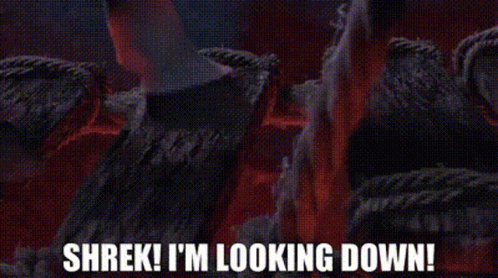
Not right away, for a little while he's flying along having a great time. Then he starts to hear people yelling and this is what the geese warned him about. We're going to be flying over a village. The people who live there will shout. You cannot look down. When the yelling starts, the geese tell him don't do it, don't look. But he does. And he starts to fall. He looks back up at the sky and the geese but it's too late, he's got downward momentum now and that's when things get worse.
He lands in the middle of town, gets bound by cords, and people start "easing themselves" on him which is a great turn of phrase. Remember when he "eased himself" on the grouse chicks? Except this time the townsfolk don't just pee on him. He gets covered in shit so deep, Jones writes, that he needs to purse his lips. He convinces a woman to untie him before she eases herself on him at which point he clubs them all to death and leaves the village. A little harsh, but understandable. He washes himself in a nearby lake and seeing the dung floating on it names the place "filthy water."
In Jones' other version the people just laugh at him and I can see that would be bad enough but it's this ending I want to think about. The name that Nanaboozho gave to the place immediately evoked Clayton Thomas-Müller's memoir Life in the City of Dirty Water. His life is centred on the Canadian city of Winnipeg which comes from the Cree word wīnipēk and means muddy or murky water. The waters of the river running through Winnipeg are muddy. But more than that, it's also a place where a lot of Indigenous people have landed, perhaps on their way to someplace else. And they get treated like garbage. Shit on. Buried in landfills. In many ways it is a wonderful, vibrant community. My family members live there and it continues to be a site of great activism and community. But it's also deeply racist and as the saying goes, hurt people hurt people.
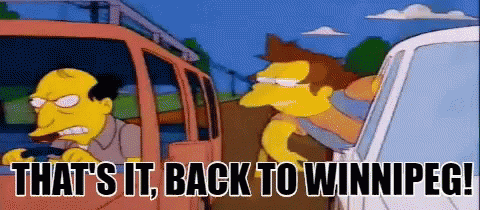
I want to note a couple of things about this story about Nanaboozho. We often hear that we're supposed to keep our eyes on the goal, but that isn't what he had to do. The goal, wherever it is the geese were flying to, would not be visible for several days. Many geese go as far as northern Mexico, most of them travelling more than a thousand kilometers in about a week. Their goal is a horizon that stays elusive. They keep their eyes on each other and the landmarks along the way. That's what he lost sight of, and we know this because the story tells us that when he was falling, he returned his gaze to the geese themselves.
The second thing I want to note is that he did not land in a pile of shit. He landed in the middle of town. The shit he got covered in was done to him after he landed. Both of these things are visible in Thomas-Müller's memoir: the people who mentored him and the ones who shit on him. More, sometimes he's the mentor, sometimes he's the one doing the shitting. And sometimes his anger let him club the ones who did this to him. Because that's our story. That's our story as peoples, and that's our story as individuals. It's important to remember that we're never fully victim, hero, or villain in any story. That is something I really valued in his memoir, even the step father who was horrifically abusive is acknowledged as somebody who was able to create when working in their garden. It's not any kind of absolution, but it is a recognition that humanity exists underneath all the shit.
Me? Too often I reduce the world around me into good guys and bad guys. It does make life simpler, but it isn't helpful. As Thomas-Müller says, it's not just good guys and bad guys. Nothing is ever that simple, we all consume more than we should. We all live a lifestyle that Mother Earth can't sustain much longer. The point isn't to achieve personal purity, the point isn't to divide. We all need to find a way to live better, to live together. To clean each other up and fly.
We want to fly. But more than just wanting to, we can. Those who are flying lift up others and together we go off to wherever we dream. I'm sure you've seen birds getting ready to migrate. Every fall my yard and the surrounding trees fill with blackbirds. A few will take off and they swoop back again and again, every time gathering more birds into the flock and eventually flying off towards warmer climates. It's an extraordinary thing to watch, and hear. The sound of hundreds if not thousands of these blackbirds is really something. This is the image that always comes back to me when I think about Idle No More and the winter we danced. Every round dance in shopping malls and intersections drew in more people and then we flew off.
Many of those drawn in flew on to great things, teaching and organizing and extending our community's reach into places that had long closed themselves off from seeing us. We reached down and pulled others into the air with us and then watched while some of them flew farther than we ever could but that's ok because being able to reach down and pull others into the air is also a wonderful thing to do. Some get distracted by those shouting from below, the ones who say it can't be done or if it can be done, we're doing it wrong. They falter and fall. Others resent the ones that flew farther, as if it meant we were left behind or their success was taking away from our own work. Those are the ones who, instead of helping the fallen get their bearings, tie them with cords, easing their own resentments and insecurities by shitting on them.
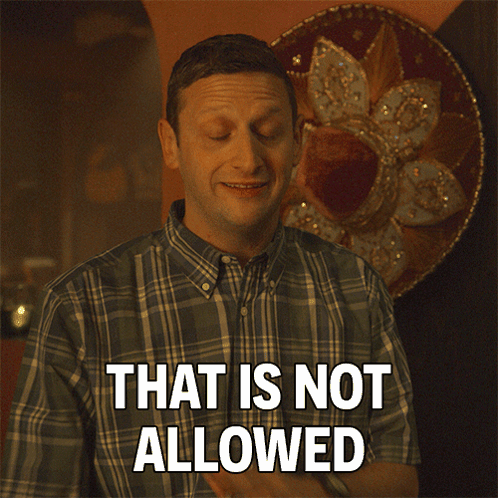
I'm not opposed to correction, there are times I have been corrected and while I don't like the feelings that come along with it the corrections are valuable. But there's a difference between being corrected by people who care about the work you are doing and being shit on. More than being shit on, it's all the cords we get tied up in. The ways that rules and traditions, laws and social expectations get weaponized to shut people down. No matter how you protest, for example, the people being inconvenienced will tell you that you're doing it wrong, you're hurting your own cause, etc. etc. They'll tell you they don't disagree with what you're saying, it's how you're saying it that bothers them. People like this don't care about the issues, they just don't want to be inconvenienced or challenged. They'll tell you to follow appropriate channels (channels set up by the ones benefitting from the status quo by the way) and stop flying because you aren't a bird.
Nanaboozho is not a bird. He may be a silly goose at times, but he's not a bird and he can't fly. Until he can. Still not a bird, but somehow he is able to fly and the people in the village below him don't understand that. Which I mean, yeah. I get that. If I saw a man flying through the air I would probably yell too. That's not normal, it's extraordinary.
But we live in times that demand the extraordinary my friend. And extraordinary doesn't have to mean bad.
I get that too. The fear of what is extraordinary, the fear of change. The fear of sticking your head out because of what you're surrounded by. You purse your lips and shut your eyes tight and hope to survive. For a while you do. For a while you survive everything that life throws at you. You survive what Canada and the US cover you with, but it's shit so it inevitably makes you sick. There's only so long you can survive that, and too many don't. Eventually you have to stand up, and most of the time you have help doing it. Somebody has to loosen the hold that this place has on us. And then you've got to get cleaned off.
It's a wonderful image of what colonialism and the nationalisms that descended from it does to us isn't it. It's about as visceral as it gets and the lessons and learnings we can get from this story are endless. You see why I like this particular ending the best because while we know the harm of people laughing at us, that crabs in a bucket thing we've all experienced (or participated in, be honest now), but the reality is that when you've been covered in colonial excrement for I don't know how long it takes a while to get that off of you, out of you. And it requires you to do something. Unlike mocking laughter, you can't just shake it off. You need to find some water and get cleaned up.
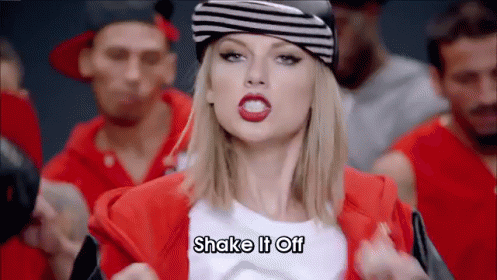
That's why we do ceremony and build circles of care. That's what trusted friends are for, the people who will lift you up or tell you that you've missed a spot. That's what good writing does whether it's blogs or books or magazine articles from trustworthy outlets. Documentaries and movies and all the different ways that we tell stories about the worlds that were, that are, and may yet be. They help to lift us up and teach us how to clean ourselves off. Every morning before I step outside to pray, I burn some sage and smudge myself thinking "clear my mind, clear my heart." It's a fresh start. We clean ourselves off and try again.
The greatest lesson of Nanaboozho and his many failures is not that we need heroes who will do it for us, because he rarely does, but that we find it in ourselves to respond to the shit that surrounds us. As Mariame Kaba says, we don't need a singular hero or solution. What we need are a million experiments willing to work together.
I know you are afraid to fall, but what if you fly?
“There is freedom waiting for you,
On the breezes of the sky,
And you ask "What if I fall?"
Oh but my darling,
What if you fly?”
― Erin Hanson
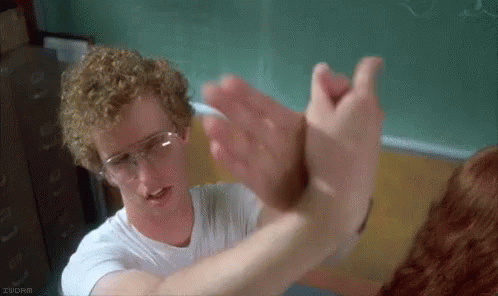
There are two blogs I read more or less consistently. Organizing my Thoughts by Kelly Hayes and Life is a Sacred Text by Rabbi Danya Ruttenberg. Both are very good at providing information and resources on the injustices we face. It's easy to become overwhelmed, there's so much shit to be overwhelmed by, and these two writers give us someplace to start getting on our feet. Ruttenberg's blog, which includes an in depth read of the Torah, actually inspired this series on Anishinaabe traditional stories. And a big miigwech to the good Rabbi, her frequent recommendations of a thousand worlds have grown my own audience.
Aside from one-offs where somebody I'm interested in is being interviewed, Movement memos is about the only podcast I listen to that isn't fiction. This is Kelly Hayes again, and in her podcast she does an amazing job of not only highlighting the work of various organizers but giving listeners tangible things they can do on a large and small scale.
Briarpatch Magazine is a great independent outlet published in Saskatchewan that highlights the work of organizers across the country. Every morning we wake up to some fresh hell and it's easy to become discouraged. The stories this magazine offers remind us that there is a lot of good being done, and as Kelly Hayes says, the good we do matters.
Life in the City of Dirty Water is a memoir by Clayton Thomas-Müller. I don't know why I originally thought this was a novel. It isn't. It's a memoir by Cree environmental activist Clayton Thomas-Müller in which he tells the stories of the many lives he has led, the shit he's been in and part of, all of which converge in his current life: fighting for Indigenous land.
The Winter We Danced by the Kino-nda-niimi Collective collects poetry, essays, and artwork to reflect on the Idle No More Movement and what could be next. It is a beautiful, and challenging, collection of stories about what was, what is, and what may yet be.
The Cooking Gene: A Journey Through African American Culinary History in the Old South by Michael W Twitty follows what he called the Southern Discomfort Tour in which he travelled through the southern states following his family tree and engaging with the food of the area. He writes about the way that food connects us to each other and across time in the context of his life as a man who is Queer, Black, and Jewish. Twitty is also an historic interpreter who works on plantations doing the cooking labour his ancestors may well have done. It is, he says, an homage to his ancestors more than an opportunity to educate white folk, although he does that as well. This conscious centring of his ancestors shaped my own writing in Bad Indians Book Club.
Living a Feminist Life by Sara Ahmed takes feminist theory and, through Ahmed's clever and often poetic wordplay, reconnects us with the world that patriarchy has disconnected us from. What I loved about this book is the way it taught me to recognize things I hadn't noticed before about all the ways that patriarchy seeps into our lives and controls not only how we are seen, but how we see others.
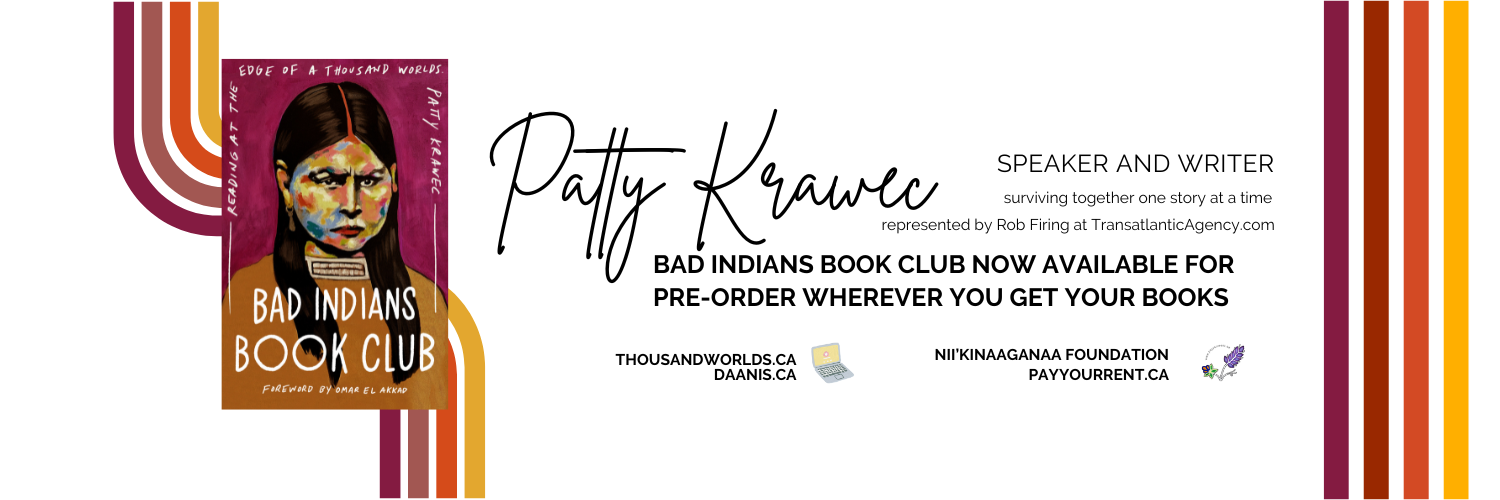

And don't forget to join up with the Nii'kinaaganaa Foundation. Every month we collect funds from people living on Indigenous land and redistribute them to Indigenous people and organzers. You can find out more information on the website which is now powered by ghost, which means that you can become a subscriber there just like you are here!
